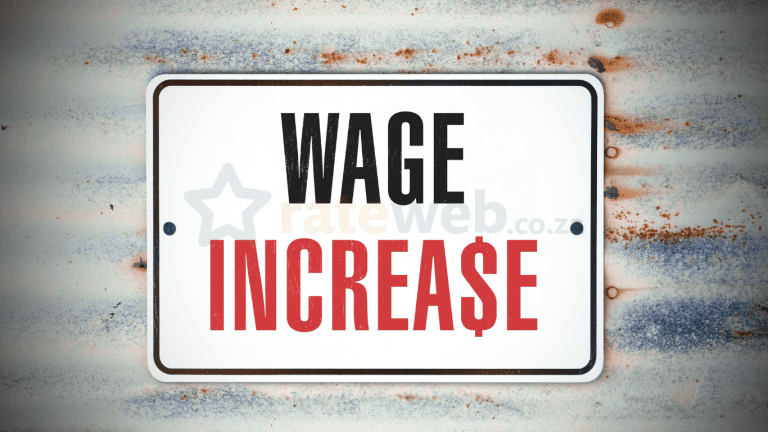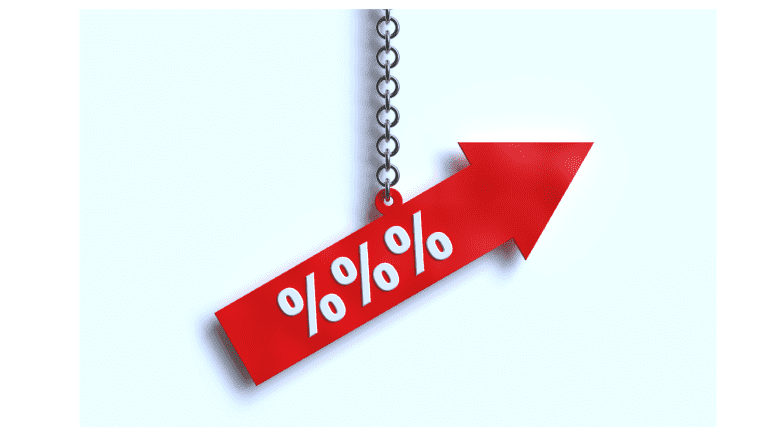- South Africa’s motor trade sales experienced a significant decrease of 2.8% in March 2023 compared to the previous year, led primarily by a sharp drop in used vehicle sales which plummeted by 12.1%.
- Seasonally adjusted data reveals a sustained downward trend in the sector, with motor trade sales decreasing by 1.8% in the first quarter of 2023 compared to the final quarter of 2022.
- The consistent decline, especially in the used vehicle market, could be indicative of broader economic trends and structural issues within the industry, potentially reflecting subdued consumer confidence and increased economic uncertainty.
Johannesburg – South Africa’s motor trade sector experienced a significant downturn in March 2023, with overall sales decreasing by 2.8% compared to the same month in the previous year, according to data released by Statistics South Africa (STATSSA). The most striking negative contributor to this decline was the sharp drop in used vehicle sales, which plummeted by 12.1%, contributing -2.6 percentage points to the overall decline.
The report, identified as P6343.2 – Motor trade sales, provides a bleak picture of the state of the motor trade industry in South Africa. The decline was widespread, affecting several key aspects of the sector. Besides the used vehicle sales, convenience store sales fell by 7.1%, workshop income decreased by 2.6%, and new vehicle sales also dipped, showing a decline of 2.3%.
Seasonal Adjustments Expose Underlying Weakness
The troubling data doesn’t stop at the year-on-year metrics. When examining the figures on a monthly basis, seasonally adjusted motor trade sales decreased by 1.0% in March 2023, compared to February 2023. This downward trend follows a slight increase of 0.7% in February and a larger decrease of 1.7% in January 2023, suggesting an overall weakening in the sector as the first quarter of the year progressed.
The seasonal adjustments also reveal a broader trend of decline in the sector. In the first quarter of 2023, seasonally adjusted motor trade sales decreased by 1.8% compared to the final quarter of 2022. The data suggests that the industry is grappling with a deeper, more sustained downturn, rather than merely experiencing a cyclical or seasonal dip.
A Year-on-Year Decline Points to Structural Issues
The year-on-year comparison also paints a worrying picture. Total motor trade sales decreased by 2.5% in the first quarter of 2023, compared to the first quarter of 2022. Once again, used vehicle sales were the largest negative contributor to this decrease, with an 11.7% decline. This corresponds to a negative contribution of -2.5 percentage points to the overall decline.
The consistent underperformance of used vehicle sales highlights potential structural issues within the industry. As the largest negative contributor to the overall decline, the used vehicle market’s struggles could be symptomatic of broader economic trends, including subdued consumer confidence, increased economic uncertainty, or shifts in consumer behavior.
The Road Ahead
The motor trade sector is a significant contributor to South Africa’s economy, making this decline a cause for concern. The industry’s performance often serves as a barometer for broader economic health, reflecting consumer spending power and confidence.
The continued decline in motor trade sales, especially in the used vehicle market, may be indicative of a cautious consumer base, likely grappling with financial pressures and economic uncertainty. It will be essential to monitor these trends closely in the coming months, as they could have significant implications for the broader South African economy.
While the figures are cause for concern, they also highlight the need for strategic intervention and industry resilience. As South Africa navigates these challenging economic waters, the motor trade sector, like many others, will need to adapt, innovate, and find ways to attract and retain consumers in a shifting economic landscape.
The full impact of these declining sales figures on South Africa’s economy remains to be seen. What is clear, however, is that the country’s motor trade sector is currently facing significant headwinds. The data serves as a wake-up call forthe industry and policymakers to address these challenges head-on and develop a robust strategy to steer the sector towards recovery and growth.
Implications for the Broader Economy
The health of the motor trade sector is intrinsically linked to the broader economy. The decline in sales, particularly in used vehicles, could indicate cautious consumer behaviour influenced by several factors, including rising inflation, increasing interest rates, or decreasing disposable income. These issues are not limited to the motor trade sector and can have a ripple effect across the economy, affecting retail, services, and other sectors.
Furthermore, the decline in workshop income points to a possible decrease in vehicle maintenance and repairs, potentially due to consumers cutting back on these types of expenses. This could lead to a rise in vehicle-related issues in the future, increasing the demand for these services and putting additional pressure on this sector.
Policy Recommendations and Future Outlook
Given the critical role of the motor trade sector in the South African economy, swift action is needed to address this decline. Policymakers and industry leaders must collaborate to create supportive measures, including potential stimulus packages, financing options, or regulatory changes that could incentivise sales and boost consumer confidence.
Similarly, businesses in the sector might need to reconsider their strategies and adjust to the changing economic landscape. This could involve exploring new business models, enhancing online sales capabilities, or offering value-added services to attract and retain customers.
The future of South Africa’s motor trade sector will be shaped by a combination of internal industry resilience and broader macroeconomic factors. While the current situation is challenging, it also presents an opportunity for the sector to innovate, adapt, and emerge stronger.
The March 2023 motor trade sales figures serve as a stark reminder of the economic challenges South Africa currently faces. As the nation grapples with these issues, the resilience and adaptability of the motor trade sector will undoubtedly be tested. Nevertheless, through strategic interventions and industry innovation, there is potential to navigate these challenges successfully and set the sector on a path to recovery.
Table 1: Annual and Quarterly Decline in Motor Trade Sales
| Sector | Year-on-Year Decline (Mar 2023 vs Mar 2022) | Quarterly Decline (Q1 2023 vs Q4 2022) |
|---|---|---|
| Overall Motor Trade | -2.8% | -1.8% |
| Used Vehicle Sales | -12.1% | N/A |
| Convenience Store Sales | -7.1% | N/A |
| Workshop Income | -2.6% | N/A |
| New Vehicle Sales | -2.3% | N/A |
Table 2: Monthly Changes in Motor Trade Sales
| Month (2023) | Month-on-Month Changes in Motor Trade Sales |
|---|---|
| January | -1.7% |
| February | 0.7% |
| March | -1.0% |
































